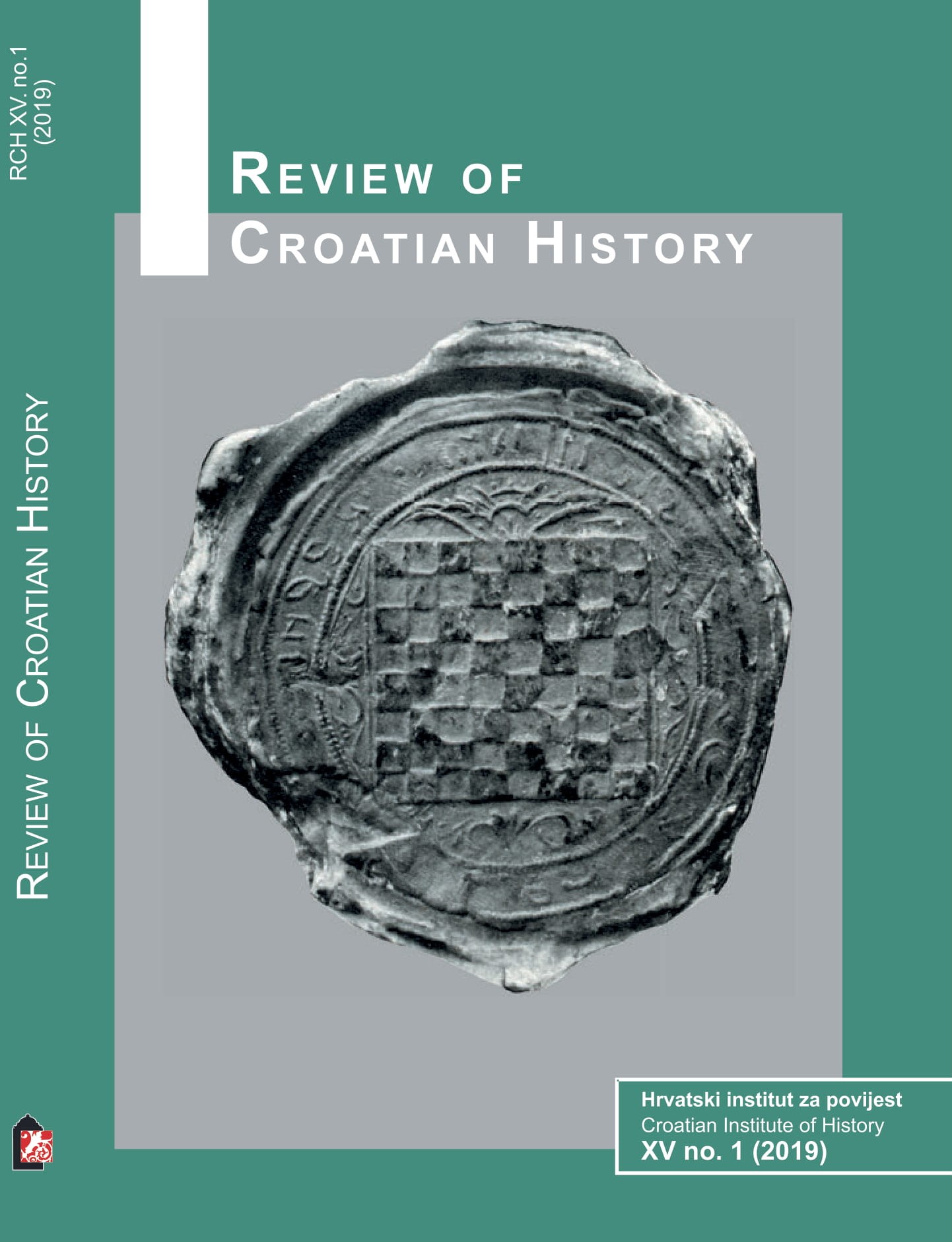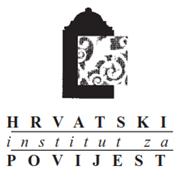SOME EXAMPLES OF CROATIAN DIALECTS’ INFLUENCE ON THE LEXICAL DIVERSITY OF THE CONTEMPORARY LINGUISTIC IDIOM OF ZADAR AMONG NON-NATIVE ELDERLY SPEAKERS
DOI:
https://doi.org/10.22586/review.v15i1.9744Keywords:
Shtokavian dialect, Chakavian dialect, Croatian history, Turkish loanwords, Romance loanwordsAbstract
The synchronic linguistic situation of the urban idiom in the city of Zadar is a result of several strands of dialectal influence: Neo-Shtokavian dialect spoken in the hinterland, Chakavian ikavian (“ikavski”) idiom spoken in the coastal region of Croatia, Central Chakavian ikavian-ekavian (“ikavski-ekavski”) dialect and standard Croatian. Lisac established that the contemporary Zadar idiom consists of a mixture of two Croatian dialects, Chakavian and Shtokavian, each in turn further subdivided into Central Chakavian and South Chakavian, Bosnian-Herzegovinian and East Herzegovinian, respectively.
Due to varied historical circumstances, within these dialects we find a number of loanwords, mostly Turkish in Shtokavian and Romance borrowings in the Chakavian dialect. To this end the paper uses linguistic contact theory, applied in research on dialects, and explores influence in one direction only: it explores the presence of Turkish loanwords in Croatian idiom of Zadar (in its Shtokavian dialectal component) and Romance loanwords in the Zadar idiom (in its Chakavian component) but not the influence of Croatian on either Turkish or Romance languages. Hence the recipient language is Croatian (here specifically its Zadar idiom) while the donor languages are Turkish and Romance languages, mainly Venetian Italian but also standard Italian, and in some cases we are dealing with linguistic relics of Romance Dalmatian language in Croatian. We have selected to analyse Turkish loanwords in the Shtokavian dialect and Romance loanwords in the Chakavian dialect (within the Zadar idiom) because they are the most frequent foreign borrowings in the Zadar idiom, especially Romance elements that pervade the varieties of Croatian spoken in the coastal region (they often remain on a regional level only but some have passed from Chakavian into Croatian standard).
Downloads
Published
How to Cite
Issue
Section
License
Copyright (c) 2019 Review of Croatian History

This work is licensed under a Creative Commons Attribution-NonCommercial 4.0 International License.
The copyright holders are the Croatian Institute of History (as the publisher) and the authors.
The Review of Croatian History is an open-access journal. Its contents are freely accessible in their entirety. Users may read, download, copy, distribute, print, search, or put links to its material, and to change, reword, and process the material or use it in other legal ways, as long as they cite the original in the appropriate manner, in accordance with the Creative Commons licence CC BY-NC.
Works published in the Review of Croatian History may be deposited in institutional or thematic repositories, as long as the appropriate links to the web pages of the Journal and Hrčak (central portal of Croatian scientific journals) are made available.
The self-archiving policy is indexed in the Sherpa/RoMEO database, where it is visible that the journal allows the depositing of unreviewed (pre-print), reviewed (post-print), or publisher’s versions of the work.


